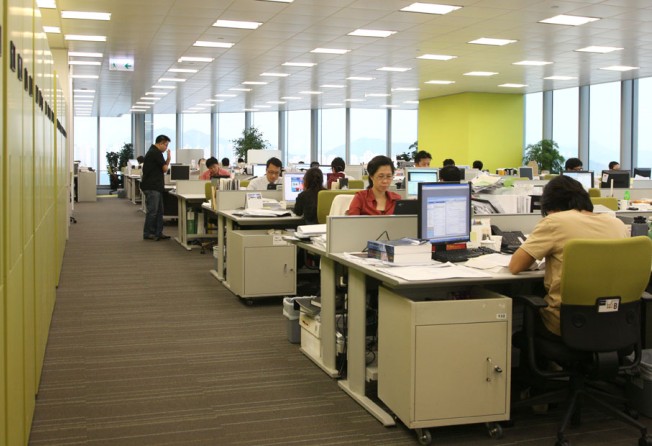Responsible corporations look after their employees
Wendy Luk says there's more to corporate social responsibility than PR

Hong Kong companies often seek to demonstrate their commitment to the community through their corporate social responsibility programmes. But seldom is there attention on the employees' situation until there is a labour strike or protest.
Hong Kong's workforce is praised for being hard-working and efficient. Working overtime and on holidays seems to be the norm here.
But are we missing something in our lives?
Various studies show that employees suffering physical or psychological stresses could severely affect a company's performance and stability. Health issues could be unrelated to a job, of course; however, they could be induced or aggravated by work stress.
Sickness-related absences in the workplace not only add to a company's expenses in terms of leave cost and insurance, but most importantly they affect the morale of the staff. If this in turns leads to higher staff turnover, then the stability of the company will also be affected.
Long working hours and the all-encompassing nature of many jobs leave little or no room for employees to maintain a healthy relationship with their family and other social networks.
Working weekends and skipping vacations, as many people do here, often exacerbate the problem.
Thankfully, there is increasing evidence that more firms are beginning to be aware of the problem and showing more concern for the well-being of their employees.
Corporate social responsibility programmes have become a well-acknowledged way for firms to establish their reputations and build connections with the community.
However, these programmes have also been criticised for being too external and public relations-oriented, too much about making the company look good and not enough about helping the employee feel good about his job and his life, both within the company and outside of it.
Internal corporate social responsibility practices generally refer to those that are employee-driven. Such practices focus on the physical and psychological working environment. They aim to improve employees' health and well-being through a better working environment, one that is safe and free from harassment, that provides training and equal opportunities and helps each employee achieve a better work-life balance.
No doubt implementing these policies and programmes costs time and money. This is where linking social resources plays a significant role. Through their existing corporate social responsibility programmes, many companies have already established good rapport and connections with some social service organisations.
They should learn to tap these various relationships to the advantage.
Corporate social responsibility is a two-way street; not only may companies "give", they can also "take". Such partnerships between the business and the welfare sectors can benefit both.
On the one hand, the business sector can provide resources for welfare and service development; on the other hand, social service partners have a dedicated pool of professionals who could render assistance to those in need, in terms of counselling and child and elderly care services.
It is time to think more broadly of the concept of corporate social responsibility.
Rather than just a one-off volunteering opportunity, it can be a mutually supportive partnership between the business and welfare sectors - a process for the business sector to learn and identify supportive community resources. It is also a chance for the social service sector to expand its scope and develop new services to meet pressing needs.
Wendy Luk Wai-yi is senior manager (Caring Company scheme) at The Hong Kong Council of Social Service